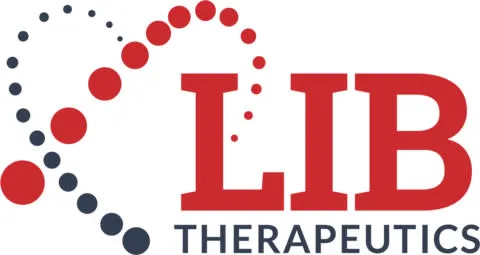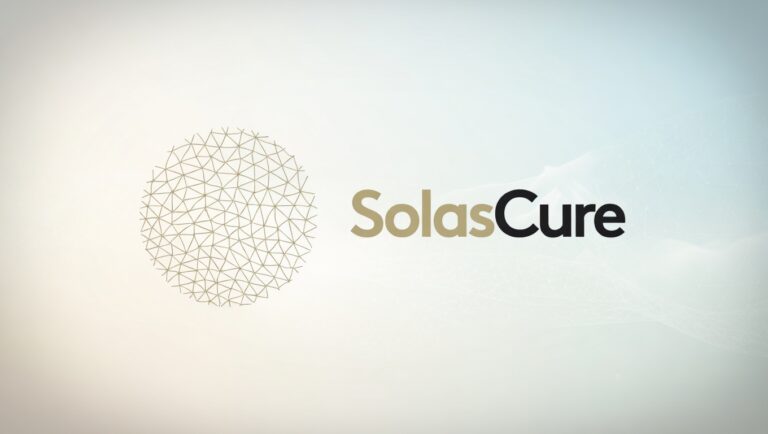
LIB Therapeutics Announces FDA Acceptance of Lerodalcibep BLA for LDL-C Reduction
LIB Therapeutics Inc., a late-stage biopharmaceutical company, announced today that the U.S. Food and Drug Administration (FDA) has accepted for review its Biologics License Application (BLA) for Lerodalcibep. This treatment is designed to lower low-density lipoprotein cholesterol (LDL-C) in patients with atherosclerotic cardiovascular disease (ASCVD), those at very high or high risk for ASCVD, primary hyperlipidemia (including heterozygous forms), and individuals aged 10 and older with homozygous familial hypercholesterolemia (HeFH/HoFH).
Lerodalcibep is a novel, adnectin-based, third-generation PCSK9 inhibitor that offers long-ambient stability and is designed to be more patient-friendly. It is administered as a once-monthly, small-volume subcutaneous injection, providing a convenient alternative to currently approved PCSK9 inhibitors.
The FDA has set a Prescription Drug User Fee Act (PDUFA) action date of December 12, 2025. Currently, the FDA does not plan to hold an advisory committee meeting to review the application.

Millions of patients suffering from cardiovascular disease or at high cardiovascular risk continue to face a significant unmet need, especially those among the 30 million people with inherited high cholesterol. Many of these individuals are unable to reach the recommended guidelines for LDL cholesterol levels using current oral therapies.
Dr. Evan Stein, Co-Founder, Chief Operating, and Scientific Officer of LIB Therapeutics, emphasized this issue, noting, “Lerodalcibep has demonstrated robust and sustained long-term LDL cholesterol-lowering, enabling the vast majority of patients to achieve these more stringent lower LDL-cholesterol targets with excellent safety and adherence across clinical trials. We look forward to working with regulators to make Lerodalcibep available to patients around the world.”
Lerodalcibep is a promising new PCSK9 inhibitor, designed as a more convenient treatment option. It is administered via a once-monthly, small-volume subcutaneous injection, offering long ambient stability that doesn’t require refrigeration, making it ideal for at-home use or while traveling.
According to David Cory, CEO of LIB Therapeutics, “Lerodalcibep is a potential best-in-class PCSK9 inhibitor with a once-monthly, single small-volume subcutaneous dose, combined with long ambient stability not requiring refrigeration at home or in travel, offering a more patient-friendly treatment option to achieve the new lower LDL-C goals.” With the rapidly expanding global PCSK9 market, expected to reach $5 billion by 2025 and $10 billion by 2030, LIB Therapeutics is now focusing on preparing for the commercial launch of Lerodalcibep in the U.S.
The Biologics License Application (BLA) for Lerodalcibep is supported by an extensive development program that includes 2,900 patients and five global Phase 3 registration studies collectively known as the LIBerate program. These studies enrolled over 2,300 patients who were already on maximally tolerated statin therapy or other oral agents but still required additional LDL cholesterol reduction.
The Phase 3 LIBerate trials evaluated Lerodalcibep’s safety and efficacy in patients with cardiovascular disease (CVD), those at very high or high risk for CVD, and patients with heterozygous familial hypercholesterolemia (HeFH) and homozygous familial hypercholesterolemia (HoFH). In these double-blind, placebo-controlled trials, Lerodalcibep was dosed once monthly for up to 52 weeks. Over 2,400 patients have continued in the 72-week open-label extension trial, showcasing the potential long-term benefits of the treatment.
Lerodalcibep is a novel, small protein-binding, third-generation PCSK9 inhibitor developed to offer a more patient-friendly alternative to currently approved treatments. Unlike other PCSK9 inhibitors, Lerodalcibep is designed as a once-monthly, single small-volume subcutaneous injection that does not require refrigeration, making it an easy option for patients to manage. The drug’s binding domain is an 11-kDa polypeptide known as an adnectin, which is engineered for high-affinity subnanomolar binding to human PCSK9. To enhance its plasma half-life, the adnectin is fused with human serum albumin, offering a sustained therapeutic effect.
The growing cardiovascular disease burden, particularly among patients with inherited high cholesterol, underscores the need for more effective and convenient treatment options. With the promising data supporting Lerodalcibep’s ability to lower LDL cholesterol effectively, its once-monthly injection, and ease of use, the drug represents a significant step forward in managing high cholesterol and reducing cardiovascular risk. As the global market for PCSK9 inhibitors continues to expand, LIB Therapeutics is well-positioned to meet the needs of millions of patients who have not been able to achieve optimal cholesterol control with current therapies.
In conclusion, Lerodalcibep’s acceptance for review by the FDA is a significant milestone in providing an innovative, patient-friendly solution for individuals at high risk for cardiovascular disease. With its robust clinical trial data, favorable safety profile, and convenient administration, Lerodalcibep could become a valuable tool in the ongoing fight against high cholesterol and its associated cardiovascular risks. LIB Therapeutics is committed to working closely with regulators to bring this promising treatment to patients worldwide.




